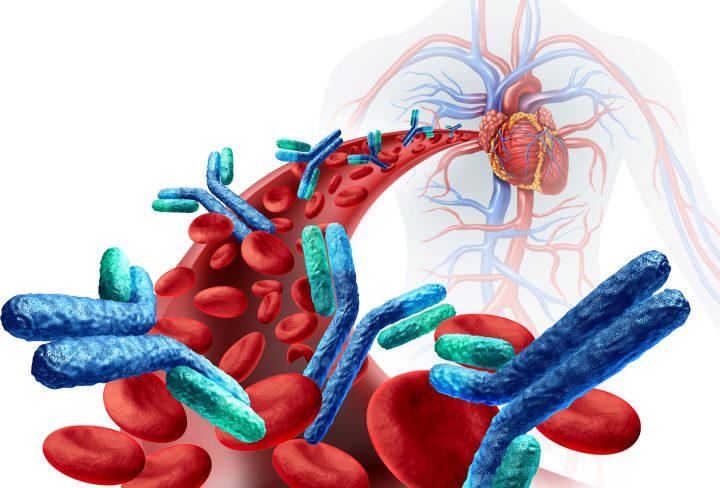AIHA is an autoimmune condition.
It leads to the immune system attacking red blood cells (RBCs).
Destruction of RBCs may lead to fatigue, weakness, and shortness of breath.
Consult an expert today to address AIHA symptoms and explore tailored treatment options.
Symptoms of Autoimmune Hemolytic Anemia
Symptoms of Autoimmune Hemolytic Anemia include:
- Fatigue and weakness
- Pale skin
- Rapid heart rate
- Shortness of breath
- Jaundice (yellowing of the skin and eyes)
- Dark urine
- Enlarged spleen
HEO_AC_CN6_C
Causes and Risk Factors of Autoimmune Hemolytic Anemia
The exact cause is unknown, but it is believed to be related to problems with the immune system.
Risk factors of Autoimmune Hemolytic Anemia include:
- Genetics
- Medications
- Infections (viral hepatitis or mononucleosis)
- Autoimmune disorders (lupus or rheumatoid arthritis)
HEO_AC_CN6_E
Diagnosis of Autoimmune Hemolytic Anemia
To diagnose AIHA, your doctor will perform a physical exam and run some blood tests to check your red blood cell count and levels of bilirubin (a substance produced when red blood cells break down).
They may also perform a test called a Coombs test, which checks for antibodies that attack red blood cells.
HEO_AC_CN6_F
Treatment of Autoimmune Hemolytic Anemia
• Medications (Corticosteroids and Immunosuppressants)
• Blood transfusions (in severe cases, to replace the destroyed red blood cells)
• Splenectomy (surgery to remove the spleen where the red blood cells are destroyed)
Mild cases may not require treatment, while more severe cases may require treatment.
HEO_EN_CN6_E
Autoimmune Hemolytic Anemia: Preventive Tips
- Get enough sleep
- Eat a balanced diet
- Stay hydrated
- Avoid stress as much as possible
- Practice good hygiene to avoid infections
HEO_EN_CN6_I
Autoimmune Hemolytic Anemia: FAQs
Is autoimmune hemolytic anemia serious?
AIHA can be a serious condition if it is not treated promptly. It can cause a shortage of healthy red blood cells, which can lead to many complications.
When to see a doctor?
You should see a doctor if you experience symptoms like shortness of breath or jaundice.
If you are already diagnosed with AIHA, you should also see your doctor regularly to monitor your condition.

